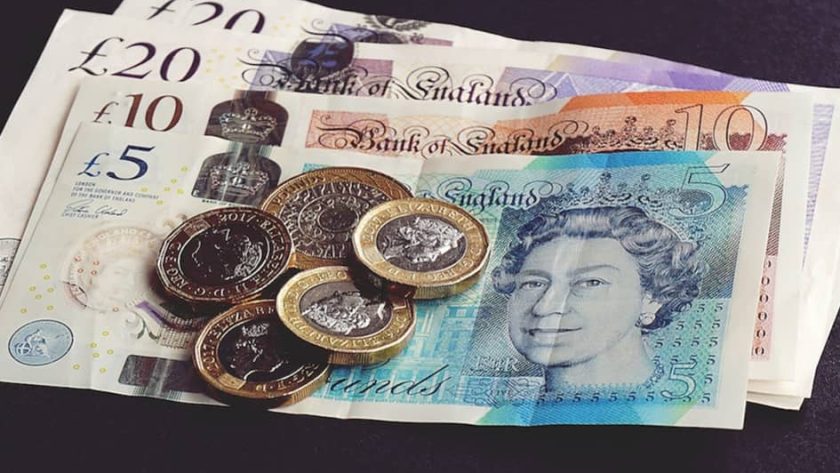The British Retail Consortium (BRC) has published the results of its latest BRC Payments Survey 2023, in which it outlined transactions and spending figures for the year.
Compared to 2022, UK retail sales rose 4.3 percent to 439.5 billion pounds, an increase that was largely attributed to increased costs throughout the supply chain and the resulting rising prices.
The number of transactions also rose, however, from 17.2 billion in 2021 to 19.6 billion in 2022, averaging around 53.7 million per day. Despite this, the average transaction value took a hit, dropping from 24.29 pounds to 22.43 pounds, with consumers tending to make more regular, yet smaller purchases.
According to the report, cash usage grew for the first time in a decade, rising to 19 percent, up from the prior 15 percent in 2021. The BRC said that this reflected consumer desire to budget more carefully amid the ongoing cost-of-living crisis.
UK retail sales for the year grew 4.3 percent
Card payments, meanwhile, made up 76 percent of transactions, dropping from the previous 83 percent, while cards accounted for 85 percent of money spent. Debit cards took over around 75 percent of this spending, and were used for smaller value transactions than credit cards.
Alternative payment methods, such as buy-now, pay-later, also saw a rise in popularity throughout 2022, increasing from 2 percent to 4.9 percent.
In a release, Hannah Regan, payments policy advisor for the BRC, said: “We are now seeing a return to many of the pre-pandemic trends in payments, including smaller but more frequent purchases, and a slight return of cash payments.
“Unfortunately, what has not changed is the ever-increasing scale of fees paid by retailers in order to accept card payments. Though alternative payment methods could provide much needed competition to the market, the dominance of card payments means it is essential that action is taken to prevent fees rising further.”



